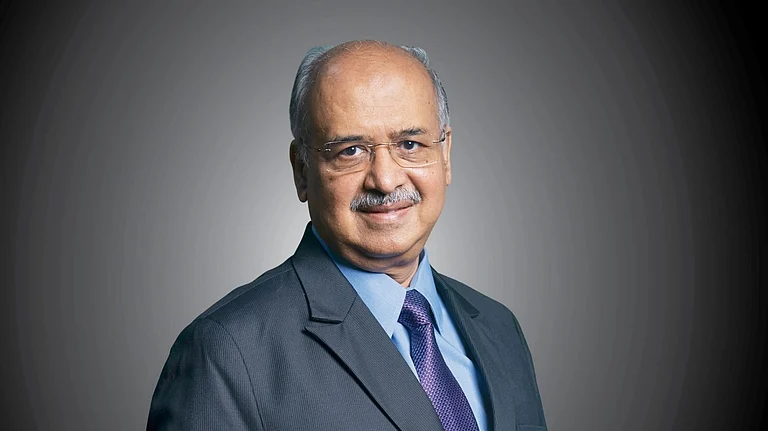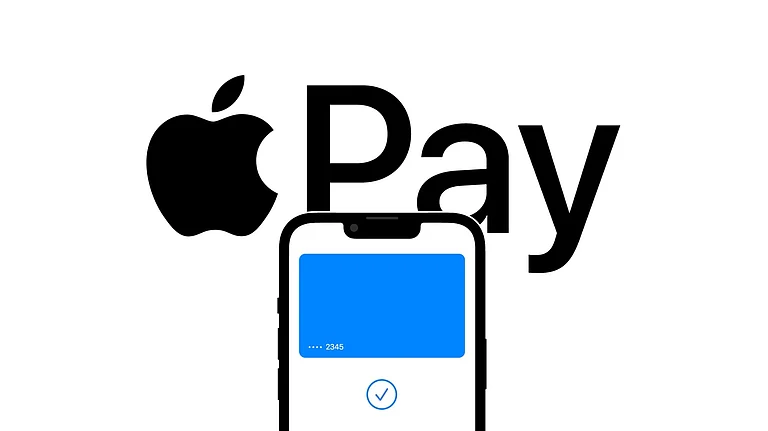The National Payments Corporation of India (NPCI) is counting on the support of the central bank and fintech companies in its goal to add another 200-300 million users to the unified payments interface (UPI), NPCI chief Dilip Asbe said on January 17 in Delhi. Currently, India has around 350 million active UPI users.
While highlighting that the country has just started on digital payments in India, Asbe mentioned that the challenges and opportunities for fintechs includes how to get more merchants and customers on the digital payment circle.
He said, “The challenges and opportunities for fintechs includes how to get more merchants and customers on the digital payment circle. Combination of a wallet and delegate payment can be a great strategy to expand markets and bring a large section to UPI.” Recently, the NPCI launched UPI Circle’ on its Unified Payments Interface (UPI) platform. This feature allows a UPI user to authorize a secondary user to make payments from their UPI account.
Further, what becomes important is to personalise these payments. And for that to happen, voice-payment in Indian language becomes crucial. “I think this voice-based conversation of payments can be a great opportunity where the index and start-up can use AI and make payments very personal to the large-scale population,” said Asbe. Recently, at Global Fintech Fest 2024 held in August 2024, the the NPCI, IRCTC, and CoRover launched a conversational voice payment system for UPI.
Asbe believes that for a country like India, UPI can have 10X growth. “The UPI from its base today can have 10X growth and for a country like us, Rs 100 million payment is a not is not an impossible task,” said Asbe at the India Digital Summit in New Delhi. Currently, UPI transactions have grown from Rs 920 million in FY 2017-18 to Rs 13,1160 million in FY 2023-24.
Asbe also added that most payment systems in India are secured with two-factor authentication mandated by the RBI. “Approximately 99.9 per cent of payments are push-based, meaning the consumer initiates the payment with two-factor authentication, eliminating the possibility of technical fraud,” he added.
However, to curb fraud what becomes important is to have strong legal frameworks and strict enforcement are essential to deter fraudsters. Collaboration with the government is crucial to ensure that perpetrators face consequences for their actions, he added.
































